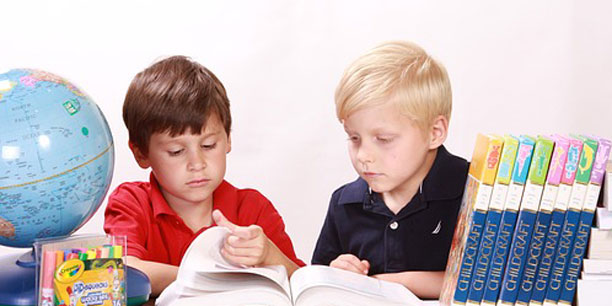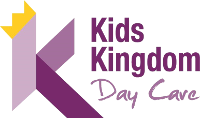


Difference between Slow Learners and Learning Disability
It is very important for parents and teachers to differentiate between a slow learner and a child with learning disabilities. Oftentimes, slow learners are labelled as children with learning disabilities because of which they have to face a lot of difficulties in life. It is true that both slow learners and children with learning disabilities need special attention at home and at school, but the kind of attention required is quite different.
In order to differentiate between the two, parents and teachers must be able to identify them at an early stage, ideally when they start going to nursery school, so that the necessary steps can be taken immediately to help them cope with the difficulties.
A slow learner is a child with below average intelligence. The thinking skills of a slow learner develop at a significantly slow rate compared to other children of the same age. The child will go through the same developmental stages, but at a slower rate. Even the development is slow; it will be at an even pace.
Children with learning disabilities have average or oftentimes above average intelligence as compared to children of the same age but will have specific difficulties which make learning very challenging. Most children with learning disabilities have issues with the central nervous system which control the speaking, writing, talking and listening capabilities. This is the reason why their auditory and visual perception, ability to pay attention, motor coordination, memory skills and impulse control are challenged.
Both conditions are clinically very different from each other and the children suffering from these two difficulties require different kind of attention. So teachers at nursery schools must be trained to identify the specific difficulties and communicate with the parents to help the child cope with the conditions. By exerting pressure on a child, you might be worsening the situation and making it even tougher for the child to come in terms with the troubles. So if you find your child having difficulty in learning, you must talk to the teacher at his/ her school and take your child to a counsellor who can help you identify the exact problems with your child.
A slow learner will have the following challenges:
- Developmental – speech problems, immature language patterns
- Social - immature social behaviour, immature social behaviour, etc.
- Personal – anxiety, frustration and other personal traits
- Academic – poor memory, poor in specific subject areas
- Learning – takes time to learn lessons
A child with learning disabilities will have the following challenges:
- Academic - confuses similar words, repeats words, does not like to read, repeated wrong spelling, reverse letters, etc.
- Mathematics – associates numbers with symbols, confuses columns and spacing, has difficulty understanding numerical concepts
- Physical - visual perception difficulties, attention deficit, general coordination deficits, poor auditory memory, etc.
- Social – impulsive, hyperactive, emotional, etc.
- Psychological – low social acceptance, low self confidence, etc.
Even though there are some similarities in the two conditions, the behaviours are significantly different. So instead of pressurising your child, understand the difficulties and take necessary actions.


